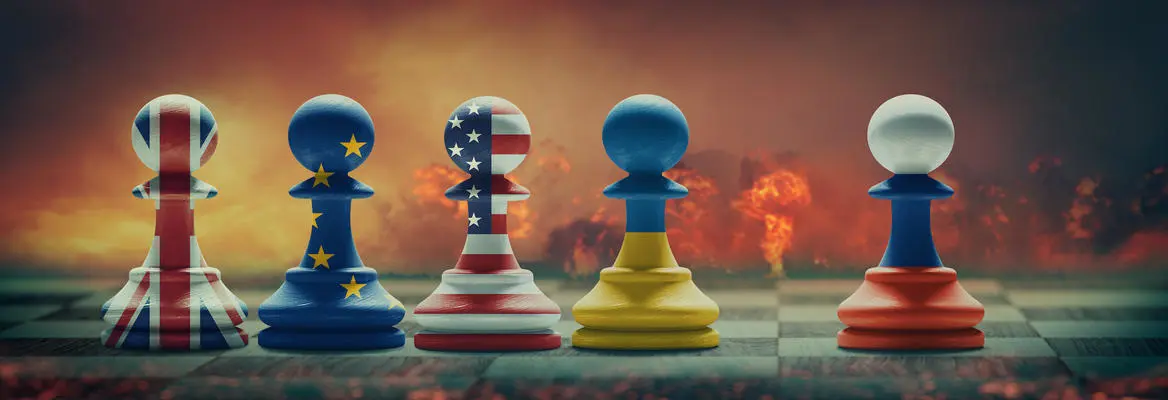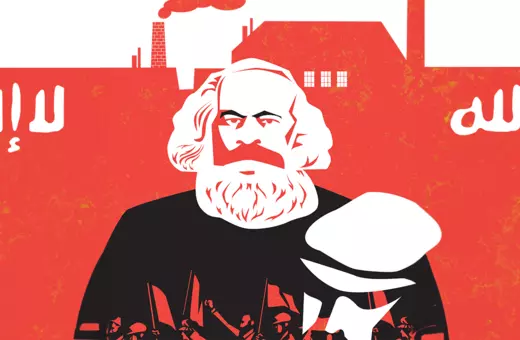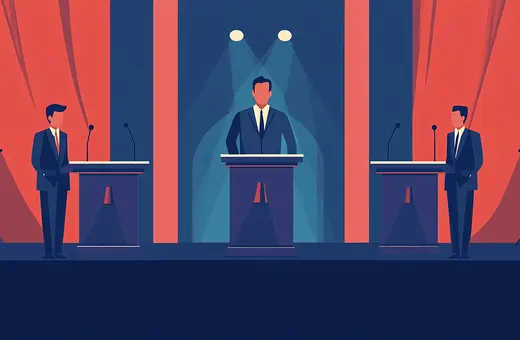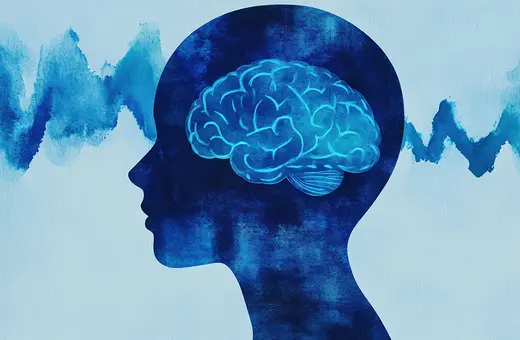A cottage industry of books proclaiming that the end of western-style democracy is nye proliferated over the past years. Russia’s war against Ukraine, the revival of an authoritarian rival, could have been the nail in the coffin. Yet the opposite has happened. When confronted with the realities of a tyranny, embracing one’s democratic institutions isn’t hard to do. But ultimately people’s confidence in democracy comes from domestic, not foreign policy, and its ability to deliver a materially superior way of life, argues Philip Collins.
If you pile up the books of recent years that mount a gloomy case about the prospects of democratic politics they now stand pretty high. I have them here with me, in my study as I write, a leaning tower of Diamond, Runciman, Levitsky and Ziblatt, Synder, Muller and Mounk, with titles like How Democracies Die, How Democracy Ends, The People vs Democracy and Collapse. They do not make a single case but they have a common mood. Populism is an attractive and frightening adversary and democratic populations are losing confidence in the political apparatus which has served us well for a century. But, perhaps, they all imply, not for much longer.
Indeed, the data is persuasive. The spread of democracies that took place in two waves – the first after the second world war and the second after the collapse of the Soviet Union – has been subject since then, to use Larry Diamond’s phrase, a recession. Democracies of relatively recent vintage, such as Poland, Hungary and Turkey, were taken over by populists with an ambition to become autocrats. Even before the adventure in Ukraine, Putin’s Presidency made it obvious that Russia’s brief flirtation with democratic politics was over. Even in the established democracies, in the United States and the United Kingdom, the politicians of the mainstream yielded to populists who showed scant regard for the rules, both implicit and explicit, by which politics is usually conducted. In France, a self-avowed racist came second in the Presidential election. It wasn’t hard to find voices of doom; I have a tower of them before me.
___
It doesn’t feel difficult to say in these circumstances that a self-governing democratic polity with a vibrant press and civil society is a superior model to tyranny.
___
Yet the war in Ukraine has prompted the suspicion that these works might come to a collective exaggeration. It may be that, as we observe from a safe distance the egregious acts of the Russian army under Putin’s command, a subtle recuperation of our confidence is taking place. The standard left-wing analysis of this conflict locates responsibility in the eastward expansion of the boundaries of NATO, but every atrocity – offending any sense of civility or proportion – is exposing the implausibility of that thin argument as a pretext for such violence. It doesn’t feel difficult – in fact it feels almost banal – to say in these circumstances that a self-governing democratic polity with a vibrant press and civil society is a superior model to tyranny.
___
It is easier to feel confident about governments that have the capacity to act. The West’s rhetorical anger has been accompanied by practical response.
___
This change of mood has been encouraged by an expeditious response by the Western nations. Arms have been supplied quickly and sanctions imposed which will, in time, make it difficult for Putin to finance his action. It is easier to feel confident about governments that have the capacity to act. The rhetorical anger has been accompanied by practical response.





















Join the conversation